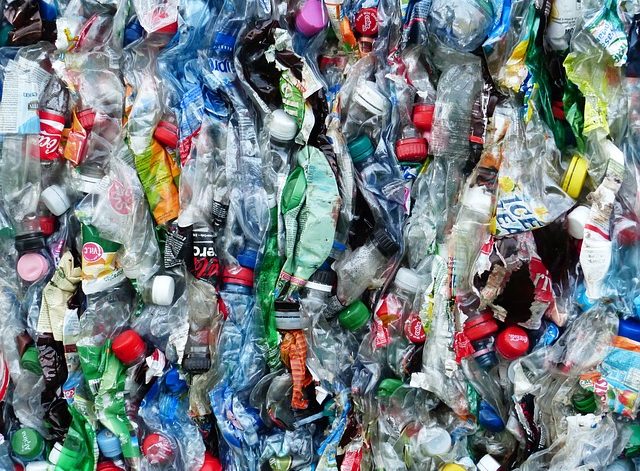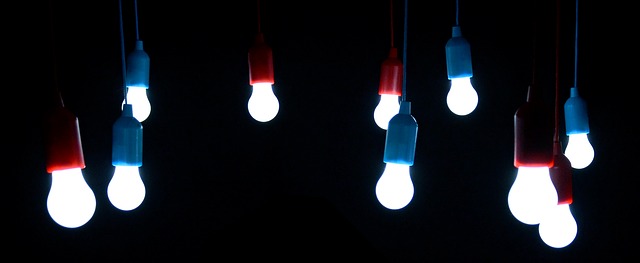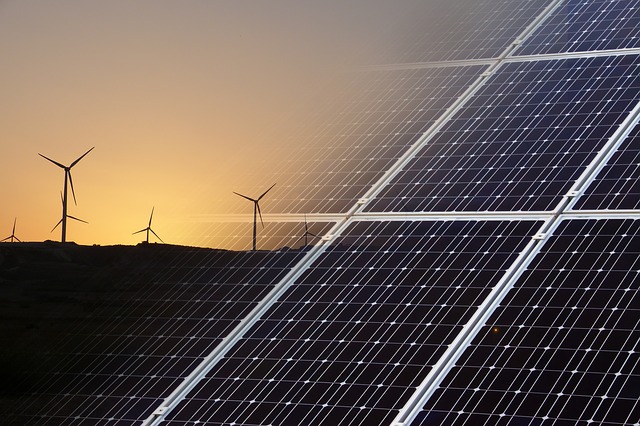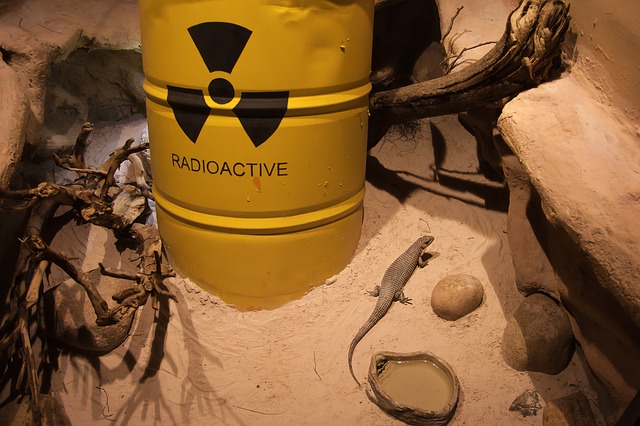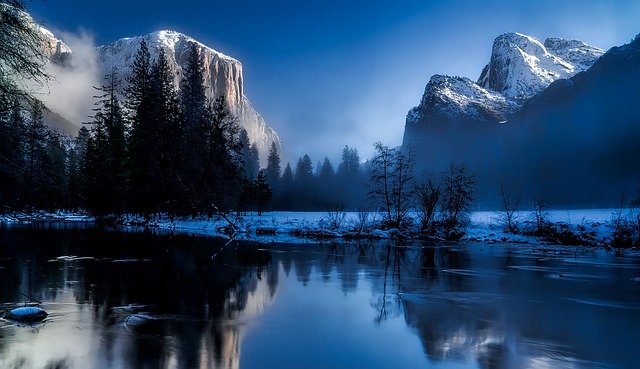A young Pakistani Scientist Sarah Quraishi has done amazing work by inventing an eco-friendly aircraft engine. Sarah Quraishi worked on this project during her research at Cranfield University, United Kingdom. The aim of this invention is to decrease negative environmental impacts caused by greenhouse gases emission. The smoke released from fuel-efficient engines adversely affects Earth’s […]
The Impacts of Microplastic Pollution on the Environment
Introduction Microplastic: Microplastics are smaller particles of any kind of plastic. The European Chemicals Agency and National Oceanic and Atmospheric Administration have defined microplastic as smaller plastic particles ranging in size up to 5mm. These smaller particles make their way into the natural ecosystem through various sources. For detailed information about plastic pollution, read: What […]
Bushfires and Their Dangerous Impacts on the Environment
Introduction Bushfire: It is defined as the fire that spreads quickly in a forest or scrub. It is a type of wildfire. Bushfire is the fire that ignites the areas of savannahs, grassland, scrublands, woodland, and bushland. Bushfires are characterized as uncontrollable and unpredictable fires. Causes of Bushfire Bushfire needs an ignition source, oxygen, and […]
Condition and Effects of Soil Health in Pakistan
Introduction Soil Health: It is defined as the capability of soil within the ecosystem to act as an essential living system that encourages sustainable growth of microbial flora, animals, and plants and improves the environmental conditions of air and water. Soil health plays an important role in removing greenhouse gases from the atmosphere. To know […]
Hydroponics – The Future of Agriculture?
Introduction Hydroponics: It is a technique of growing crops or plants without soil by utilizing an aqueous solution and substrate. Hydroponic Culture: In hydroponic culture, the plants, vegetables, and flowers are planted in the substratum and provided with oxygen and nutrient-rich aqueous solution. The key benefit of following hydroponic culture is it produces good quality […]
Dire Need of Sea Water Desalination Plants in Sindh Pakistan
Introduction Saline Water: It is defined as water with a high concentration of dissolved sodium chloride or salts. Sodium chloride is the chemical name of salt. Seawater is an example of saline water. Negative Effects of Using Saline Water: The use of saline water causes many health problems such as high blood pressure, kidney damage, […]
Environmental Benefits of LED Technologies
Introduction LED: Light-emitting diode LED: A light-emitting diode is a light source emitting light when current flows through the semiconductor. LED technology: Light-emitting diodes are solid-state devices. The technology directly transforms electric energy into single-color light. In LED cold light generation technique is employed. Energy is not wasted in LED technology. Advantages of LED Technology […]
Why We All Should Move to Clean Renewable Energy
During extreme weather conditions, blackout happens. The solar panel and batteries could serve efficiently. Renewable energy sources like solar and wind power are weather-dependent power sources. There is an increased demand for solar panel systems due to electricity shortfall incidents. What causes blackout? It happens because residents demand more electricity during hotter summer and colder […]
Disastrous Environmental Impacts of Radioactive Waste
Introduction Radioactive: Radioactive is a term that includes particle emission as a form of energy. Radioactivity: This term is defined as the emission of ionizing radiations from a radioactive substance. Ionizing Radiations: The ionizing radiations are electromagnetic waves that have the capability to ionize atoms. Radionuclide: It is an unstable atom that undergoes radioactive decay […]
Can Rivers & Lakes be Saved from Environmental Degradation?
Environmental issues are degrading the freshwater ecosystem and fish species have become extinct Protected areas don’t protect rivers. Rivers should be protected first than land areas. The freshwater ecosystem provides habitat to 10% of all fish species including vertebrates. Millions of people have their livelihood associated with freshwater fish species that are vulnerable to extinction […]


